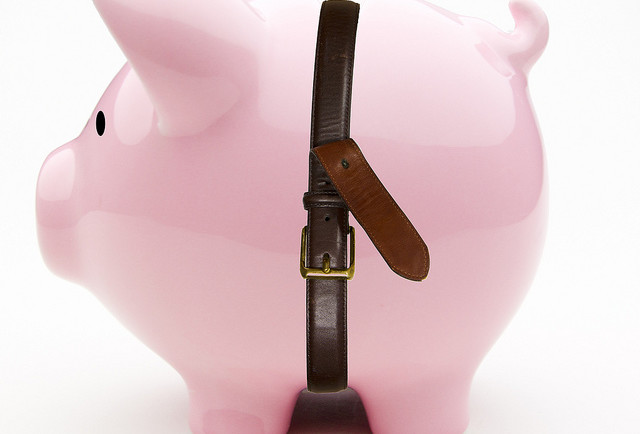You and your spouse can’t seem to agree on anything when it comes to spending money. You want to save for the future, but your spouse wants to enjoy life now. What do you do?
There’s no straightforward answer, but it’s crucial to take some time to figure out what’s important to you both. Maybe you can compromise by saving a little bit each month, or by scaling back on other expenses so you can put more money towards your savings.
Whatever you do, don’t ignore the issue. It will only get worse over time. Talk to your spouse and try to find a solution that works for both of you.
Have a conversation about their spending habits
You need to have a conversation with your spouse about their spending habits. You can’t just keep silent and hope that things will change. Be honest with each other and open about the family’s financial situation.
Come up with a plan together that will help you both stay within your budget. If needed, you can also seek the help of a financial advisor to get both of you guys on track. Start being transparent with each other and take small steps to fix the problem.
Set a budget that you both can agree on
You both agree that you need to set a budget, but you can’t seem to agree on how much money you should be spending each month. You want to be frugal, while your spouse wants to live a little more extravagantly.
How can you compromise? Well, one way to compromise is by setting a budget that’s somewhere in the middle. This way, you’re both getting what you want, and you won’t be fighting unnecessarily about money anymore. Win-win!
Understand their spending triggers

Image Credits: africa.businessinsider.com
If you can’t seem to agree with your spouse’s spending habits, it’s necessary to take a step back and understand what’s driving that behavior. For example, is your spouse constantly spending money because they’re stressed? Or are they trying to compensate for something they feel insecure about?
Once you understand what’s triggering the spending, you can start working on solutions together. Maybe that means finding different ways to deal with stress or communicating more openly about money. But it’s going to take some effort from both of you to get on the same page. So don’t be afraid to have more conversations—it could be the key to a more financially secure future for both of you.
Manage your expectations
This means that you can’t constantly be nagging them about the money they’re spending—that’s only going to put more stress on the relationship. Instead, try to discuss it.
Agree on how much money each of you is allowed to spend without asking the other for permission. And try not to get too hung up on the small stuff. At the end of the day, you’re going to have to learn to live with your spouse’s spending habits—or, at the very least, learn to endure the situation.
Build up your savings
Ultimately, if you and your spouse can’t seem to agree on how to handle your finances, it’s time to start building up your savings. That way, you will have a cushion to fall back on if things get tough. Start by setting a budget and sticking to it. Track where every penny goes, so you have a clear understanding of where your money is being spent.
When you and your spouse can’t agree on spending habits, it’s wise to sit down and talk about it. Come up with a budget that works for both of you, and stick to it. If you’re feeling overwhelmed, take it one step at a time. Tackle the biggest expenses first, and work your way down. There will be times when you will have to make tough decisions, but remember that it’s good to compromise and put yourselves in each other’s shoes. With a little bit of effort, you can create a healthy financial future for yourself and your family.











